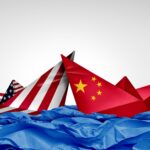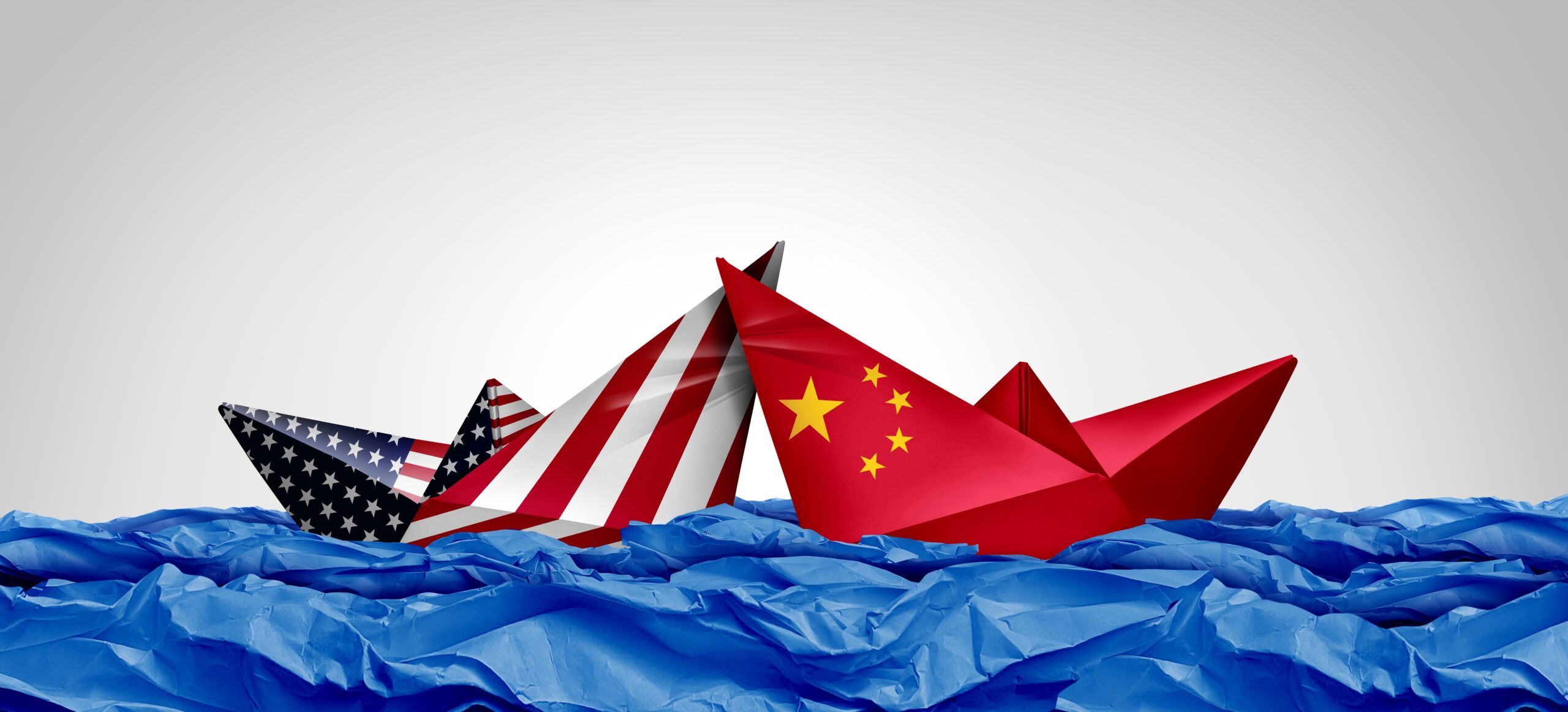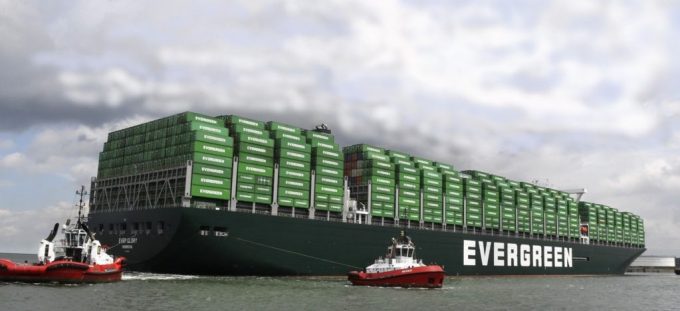Recently, the Chinese Communist Party, led by Xi Jinping, concluded a pivotal four-day meeting, completing agreement on a comprehensive five-year plan. This plan confirms China’s ambitions to amplify its global influence across the economic, military and technological fields.
Read also: China’s $1 billion daily exports confirm its influence in Trump’s trade war
A key element of this strategy, finalized on Thursday, is a push towards self-reliance in science and technology. This initiative is a direct response to US export controls on semiconductors and other high-tech goods during this trade war between the two powerful economies. The updated draft of the party’s five-year plan indicates a clear challenge to Washington, and indicates China’s intention to assert its dominance on the world stage.
The implications of this plan are far-reaching. If the world fails to recognize and address China’s growing influence, there is a risk of waking up to a future where China dominates every aspect of our lives. As US Treasury Secretary Scott Bessent has warned, “The world must decouple from China,” highlighting the urgent need for strategic action.
China’s strategic offensive is further demonstrated by its dominance of rare earth metals. Earlier this month, Beijing announced tighter export controls on these vital materials, which are essential components in a wide range of products, from cars to advanced weapons systems.
This move raises the issue to a matter of national security, not only for the United States but globally. If the world does not act decisively, we risk becoming beholden to the Chinese Communist Party. This is a compelling reason for strategic decoupling from China.
China has built an export-based economy, and many of the products we depend on are manufactured within its borders. This reliance underscores the urgent need for countries to diversify their supply chains and reduce their dependence on China.
With its control of nearly 90% of the world’s rare earth reserves, China has positioned itself as a dominant force in global manufacturing. The imposition of export controls means that foreign companies now need Chinese government approval to access and use these vital resources. This regulatory measure gives China significant influence over international industries, underscoring the need for strategic diversification and proactive measures to mitigate potential economic vulnerabilities.
With relations already tense between China and the United States, President Trump and Party Chairman Xi Jinping are scheduled to meet in Asia next week. The hope is that a mutually beneficial agreement can be reached during this high-stakes standoff.
However, there is a major concern looming: China’s record of not adhering to the same rules as other countries. Whatever agreement is reached in Asia, the world will be watching closely to see whether Beijing adheres to its commitments.
These doubts highlight the need for vigilance and the importance of holding China accountable for keeping its promises. The stakes are high, and the outcome of this summit could have far-reaching consequences for global trade and security.
The United States has already begun a process of strategic decoupling from China, manifested in efforts to revitalize its shipbuilding industry. However, China responded by imposing major sanctions on Hanwha Ocean, a South Korean company linked to the United States.
This action is seen as a direct response to President Trump’s decision to prioritize rebuilding US shipbuilding capacity, as Hanwha Ocean seeks to expand its operations to support this initiative. The sanctions imposed by China highlight the challenges and potential retaliatory measures that may arise as the United States seeks to reduce its economic dependence.
This situation highlights the complexities of separation and the need for a comprehensive strategy that anticipates and mitigates potential countermeasures. The United States must address these challenges carefully to ensure the success of its strategic decoupling efforts.
For many years, the world considered China a developing country, which facilitated its rapid growth and self-sufficiency. However, this approach has now proven problematic, as China’s sheer size and influence has the international community struggling to adapt.
The global landscape is grappling with how to effectively deal with a state that has become too powerful, challenging existing norms and power structures. The same strategies that enabled China’s rise are now creating uncertainty and requiring a reassessment of international relations.
Navigating this new reality requires innovative solutions and a willingness to reevaluate traditional approaches to global governance and diplomacy. The world must find a way to manage China’s growing influence while adhering to the principles of fairness, transparency, and mutual respect.
If the world fails to address China’s growing influence now, we risk submitting to its hegemony. Although stifling growth in China is not the goal, strategic decoupling, as called for by the US Treasury Secretary, is a basic necessity.
China’s ambition to achieve global hegemony is becoming increasingly clear, and the window of opportunity to act is rapidly shrinking. Unless the international community takes decisive action, this ambition may soon become a reality.
Therefore, it is necessary for the world to act now to implement strategic decoupling, protect its interests, and maintain the balance of power. Failure to do so could have dire consequences for global freedom and prosperity.










